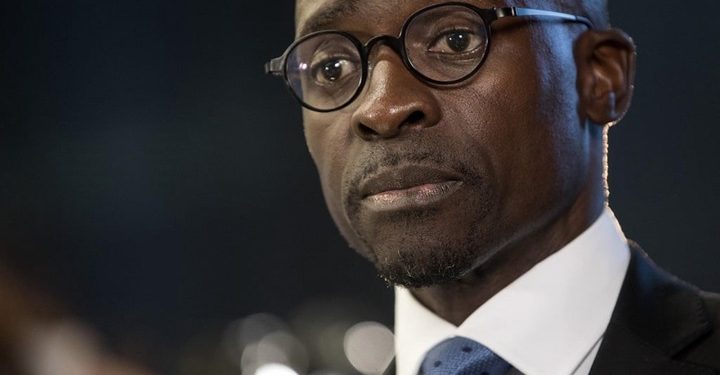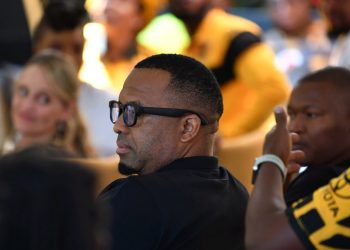The ANC’s political landscape is once again under intense scrutiny due to the controversial actions of Malusi Gigaba. A former minister surrounded by multiple scandals, Gigaba’s recent involvement in high-profile party decisions has raised serious concerns about the ruling party’s direction and leadership choices.
A vocal critic has expressed dismay over Gigaba’s leadership, particularly his role in the Democratic Republic of Congo (DRC) debacle. Despite his tarnished reputation, Gigaba was appointed to chair a powerful committee, a move that left many baffled. His actions during the DRC incident — where he allegedly supported conspiracy theories spread by Carl Niehaus — have only deepened the crisis. Niehaus, a well-known political figure, made inflammatory statements targeting President Cyril Ramaphosa, sparking outrage not only within the ANC but also among opposition parties such as the DA, UDM, FF+, and PA.
The fact that the ANC has convicted criminal Bathabile Dlamini as one of the candidates to reinforce KZN or Gauteng tells you how broken that are. You had Malusi Gigaba Chairing the DRC fiasco. He allowed crazy fraudster Carl Niehaus to create conspiracy theories about President… pic.twitter.com/Pz5DU1OupZ
— Goolam (@goolammv) February 12, 2025
Gigaba’s long-standing association with Jacob Zuma’s political faction has cast a shadow over his every move. His leadership in the DRC matter is seen by some as an extension of Zuma’s lingering influence, which has heightened suspicions. Critics accuse Gigaba of deliberately undermining the ANC’s credibility and fostering internal divisions. Yet, despite the growing discontent, he remains a powerful figure in the party’s ranks.
Carl Niehaus’s persistent presence in the political scene has only worsened the ANC’s internal turmoil. Known for his relentless attacks on Ramaphosa and his affinity for conspiracy theories, Niehaus continues to stoke divisions. His alliance with figures like Gigaba has left the party fractured, with some members rallying around the pro-Zuma faction, while others push for a new direction.
The ANC’s leadership decisions—particularly its tolerance of controversial figures like Gigaba—have sparked widespread doubts about the party’s future. Many now question whether the ANC can rebuild public trust and overcome its internal conflicts without making bold changes to its leadership structure. Until these internal rifts are addressed, the party’s ability to regain stability remains uncertain.






















